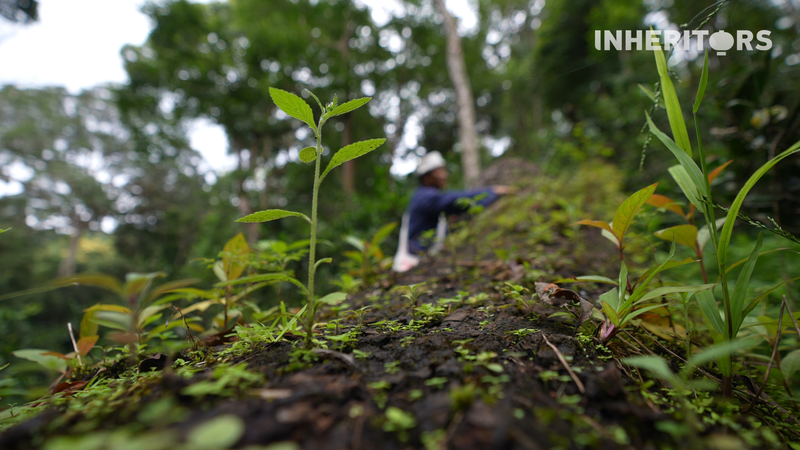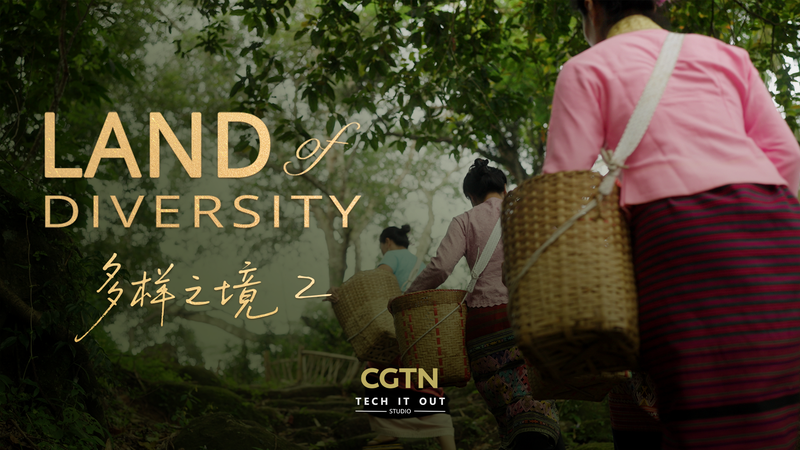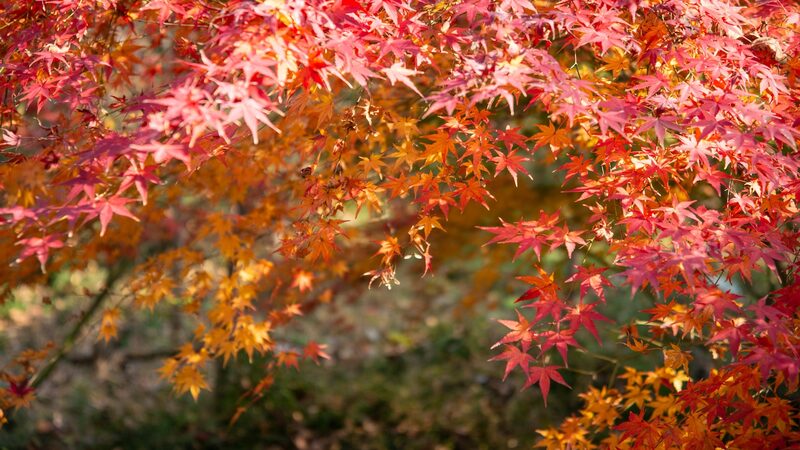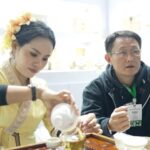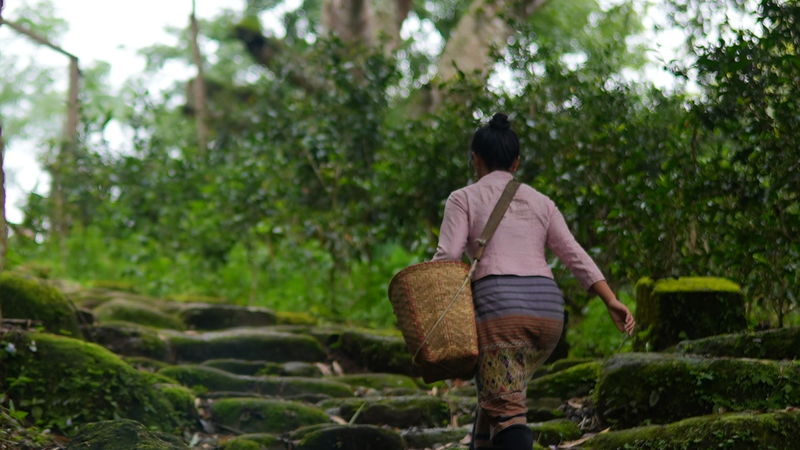Nestled in the misty peaks of Yunnan's Jingmai Mountain, a centuries-old ecological philosophy is quietly sustaining one of Asia's most biodiverse tea forests. The ethnic Bulang communities here practice a radical form of environmental stewardship: every fallen tree remains where it falls, becoming part of an eternal life cycle.
"When a tree returns to the earth, it's coming home," explains a local tea cultivator, describing the community rule against removing fallen timber. These natural compost beds feed new generations of tea trees while maintaining soil integrity – a practice dating back over 1,000 years that now offers lessons in sustainable agriculture.
This non-invasive approach has created a self-renewing ecosystem where decomposition fuels regeneration. Fallen logs become nutrient-rich nurseries for seedlings, while preventing soil erosion on the mountain slopes. Researchers note the forests demonstrate remarkable resilience to climate fluctuations, with their layered canopy maintaining consistent humidity and temperature levels.
As global interest grows in nature-based climate solutions, Jingmai's tea forests stand as living testament to traditional Eastern ecological wisdom. The practice challenges modern productivity-focused agriculture, emphasizing harmony over yield. "We're not owners," says a village elder, "just caretakers between generations."
Reference(s):
cgtn.com
